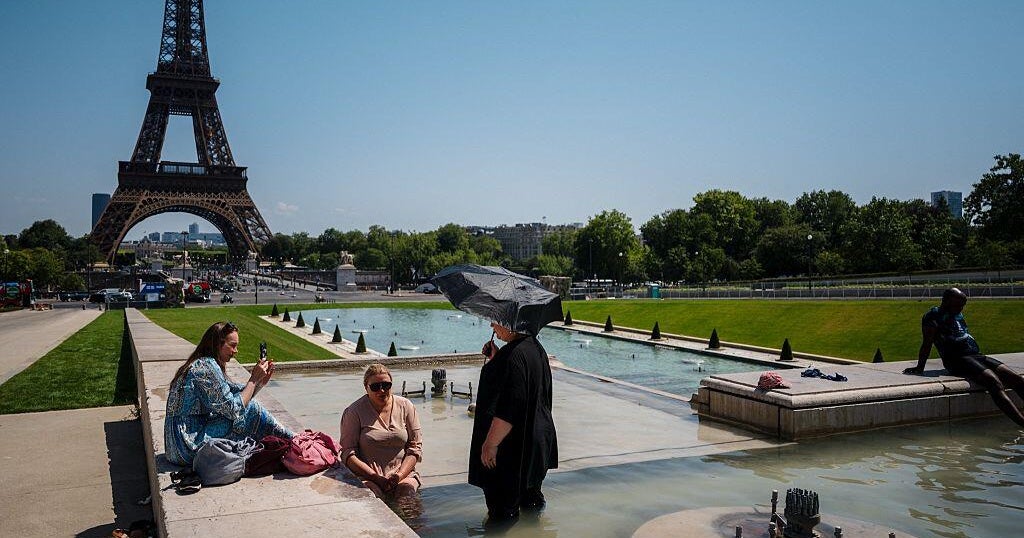A lucky gambler won the jackpot at an Atlantic City casino, after placing a bet of just $7.
The man from Pennsauken, New Jersey, sat down on an IGT Wheel of Fortune slot machine Thursday evening at the Hard Rock Hotel & Casino.
After placing his modest stake, the player hit spin and watched the symbols flash up on the screen.
Seconds later the jackpot message came up with the potentially life-changing news that he had won more than half a million dollars. In total the man, who has not been named, took home $568,871.88.
He wasn’t the only player to win big at the casino that day though. Earlier, a man from New York placed a $600 bet on an IGT Game King poker machine and won $100,000.
Both winners have chosen to remain anonymous, a press release from the casino said.
Not everyone who goes to Atlantic City is quite so lucky though.
In May last year, a New Jersey woman sued a different casino in Atlantic City after claiming she had won around $2m on a Wheel of Fortune machine.
Roney Beal, 72, said she was refused her payout after being told the machine suffered a ‘reel tilt’ malfunction that voided the win.

Casinos were legalized in Atlantic City in 1976 after a referendum by New Jersey voters. The move was made as part of a bid to revitalize the city, with the first casino opening two years later.
The Hard Rock Hotel & Casino Atlantic City opened in 1990 and was previously known as Trump Taj Mahal. President Trump, who at the time was a Manhattan real estate mogul, dubbed the Taj Mahal “the eighth wonder of the world”. But within a year it was in bankruptcy, the victim of unsustainably high levels of debt taken on during its construction.
It reopened as the Hard Rock Hotel in 2018, and now has 2,321 slots and 131 table games of poker, blackjack, baccarat, craps and roulette on its 17 acre site.
In December 2024, The Economist reported that by 2030, online gambling was set to generate between $60bn-$70bn in revenue a year. For casinos that generate around $85bn each year, the number could jump even higher if opposing states reconsider new licenses.

 6 hours ago
3
6 hours ago
3









